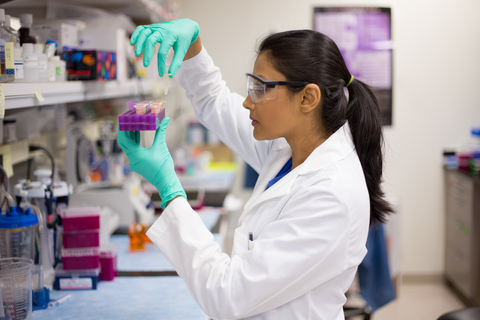University of Liverpool to coordinate £14m drug safety research project

The University of Liverpool is to co-ordinate a new £14m European research project which aims to improve the understanding of adverse drug reactions by using cutting-edge modelling approaches to drug safety (University of Liverpool, 2017).
Adverse drug reactions (ADRs) are the unwanted side effects of medication. They can contribute significantly to patient morbidity, mortality and hospitalisation costs.
Funded by the Innovative Medicines Initiative 2 Joint Undertaking (IMI2) the five-year project, called Translational Quantitative Systems Toxicology to Improve the Understanding of the Safety of Medicines (TransQST), aims to develop novel approaches using the best available data from the public and private domains to address the problems of drug safety. One of the main focuses of the project are off-target reactions, which cannot be predicted from the known pharmacological properties of the drug. The main organs of concern for such reactions are the liver, the kidney and the cardiovascular and gastrointestinal systems
TransQST is a partnership between ten academic institutions, three SMEs and eight pharmaceutical companies, with a total budget of £14m. The project will be coordinated by the University of Liverpool, and the pharmaceutical company AbbVie is the Project Leader.
IMI2 is Europe’s largest public-private initiative aiming to speed up the development of better and safer medicines for patients. IMI2 supports collaborative research projects and builds networks of industrial and academic experts in order to boost pharmaceutical innovation in Europe.
Project co-ordinator Professor Kevin Park from the University of Liverpool’s Institute of Translational Medicine, said “The fear of ADRs is a major impediment to the development of new, safe and effective therapies. This project will enable us to leverage the best available data and expertise from both public and private domains to generate and validate novel computational models that will help to address the problems of safe drug development. Our ultimate aim is to maximise the benefits of medicines and minimise the harm.”
The focus of the TransQST project will be to provide innovative methodologies and software tools for systems toxicology modelling.








